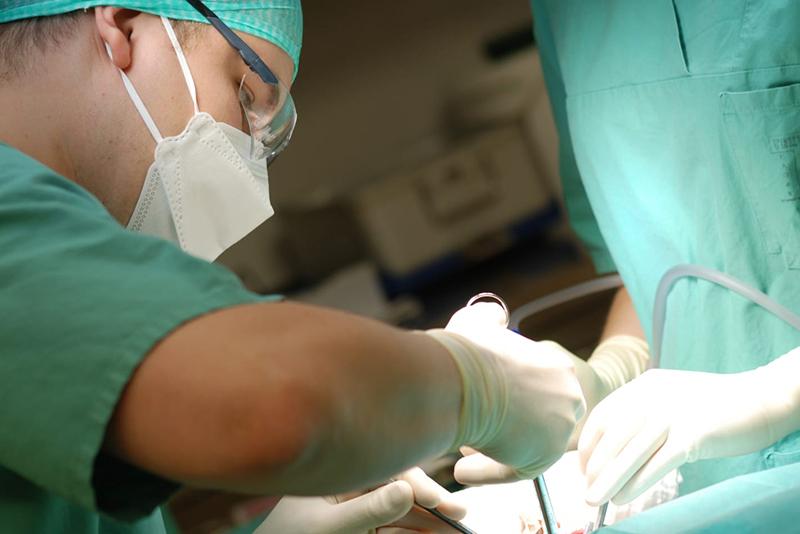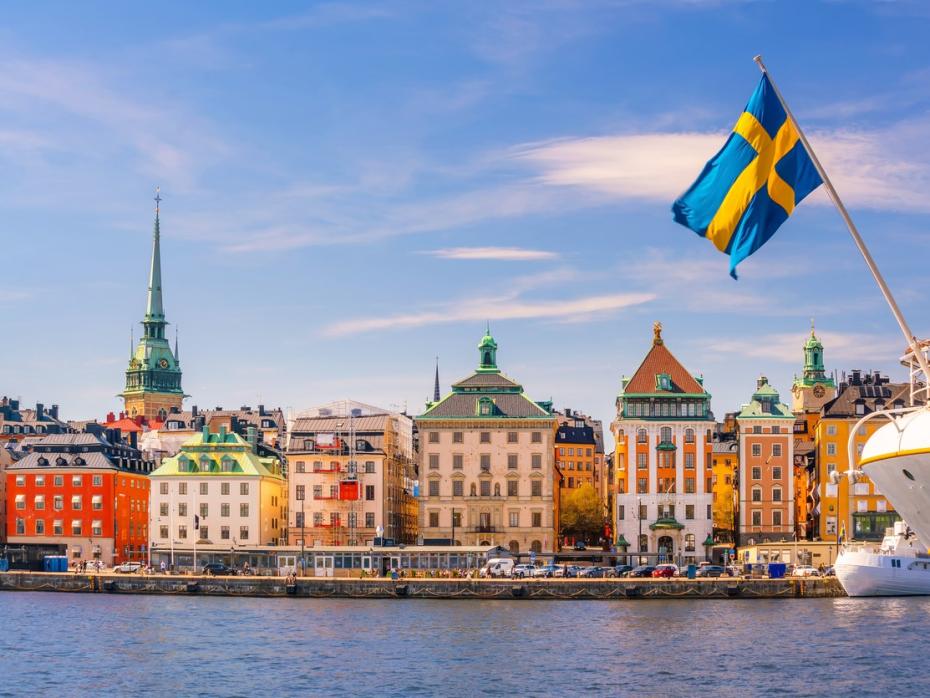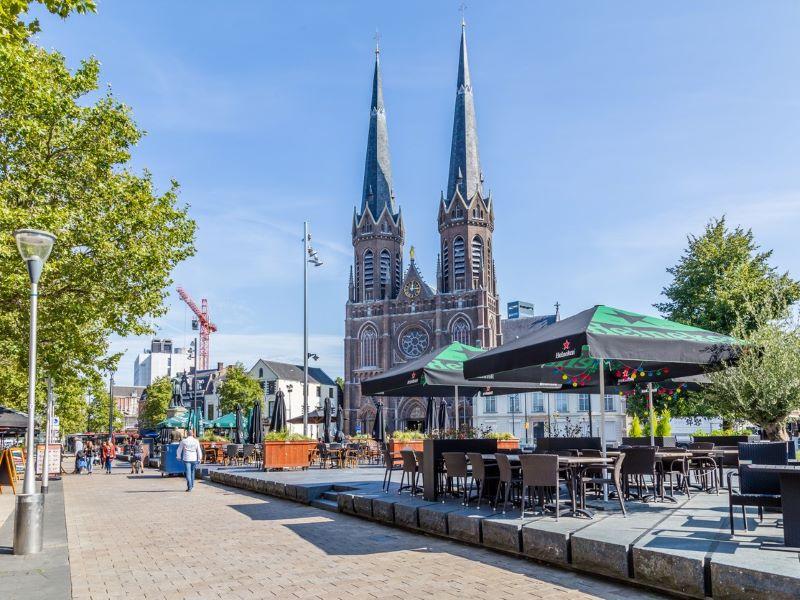As a scholarship holder in the international team for implantology (ITI), I had the privilege to study in Graz, Austria. In the 12 months I spent there, I participated in regular postgraduate courses as well as practical training in the clinic with colleagues and other residents.
Here, I would like to share my insights, based on what this experience taught me professionally and personally, into the value of working abroad as an international scholar.
Go outside your comfort zone and embrace new challenges
The first lesson that I learned in Graz was the importance of embracing the challenges of living in a foreign country. I had to navigate a new culture, academic society and academic system. This was daunting at first, but I soon discovered that stepping out of my comfort zone was incredibly rewarding. I arrived in an environment where the meeting of cultures is common and where international atmospheres and attitudes are handled with confidence.
- Zoom fatigue and other exhaustions of international academic life
- Applying for an academic position in the US: the basics explained
- Looking for a tenured teaching job? I’ve got one piece of advice: get lucky
It was a pleasure to see that I was able to contribute a lot to the scientific products with my Hungarian wit and ideas and at the same time gain knowledge and expertise from my Austrian mentors and Swiss colleagues.
This experience has broadened my horizons in ways I never imagined. For example, they showed me the surgical skills of tooth extractions, dental implantology and bone augmentations. I also participated in scientific co-operations, which are valuable for my team in Graz and Budapest.
Develop a professional support network
It can be difficult for a foreigner to establish themselves in a new country, particularly because they are far away from friends and family. However, reaching out to fellow students, professors and colleagues allowed me to create a network of support that helped me through the inevitable ups and downs of academic life. The fruits of this are not only joint research but also the constant possibility of learning from each other, and knowing about each other’s academic achievements.
Since my fellowship year, 17 of the colleagues I met in Graz have come from all over the world to lecture on implantology at my institution, Semmelweis University.
These professional networks have encouraged me to develop professional skills such as collaboration and communication. Working alongside researchers from different backgrounds and disciplines challenged me to think critically and creatively and to develop effective strategies for communicating my ideas to others. I needed to find the balance between being an effective leader and a great team member. Sometimes I had to motivate others; sometimes I was expected to follow instructions.
The acquired skills have proved invaluable in my work as a researcher; for example I attended a cadaver course on sinus lifting and worked in the clinic with more experienced colleagues as well as with residents. Moreover, as well as practical assistance, this network provided me with emotional support. I never felt lonely and frustrated because, for instance, whenever I had a problem with finishing a manuscript, some team members were always open to sit down with me promptly and look at the revisions.
Develop personal skills: perseverance, flexibility and efficiency
Research can be a difficult and frustrating process. Through persisting in hard times, researchers can achieve their goals and make meaningful contributions to their professional field. During my ITI year, I was involved in 17 published papers. Since my wife stayed in Budapest to work, I had nights free to do scientific writing. For me, this was creative freedom in the scientific sense, so I tried to work as efficiently as possible, completely dedicating my time in Graz to my profession. Being out of my habitual environment taught me the importance of perseverance.
Another personal skill that I developed in Graz was adaptability. As an international scholar, I had to adapt to a new language, culture and academic system. This required flexibility and an open mind, as well as a willingness to learn from others. I was lucky because my professional development was assisted by internationally renowned experts, such as my mentor Michael Payer, an André Schroeder Award-winning specialist and a world expert in implantology. His positive attitude and expertise helped me to get the best out of myself.
Taking initiative and seeking out new opportunities were also brought to the fore in the new environment. It is easy to fall into a routine and become complacent in our work. However, a new perspective in a new environment can highlight how important it is to actively pursue opportunities. In Graz, I made a conscious effort to attend conferences, workshops and other events, and to seek possibilities for collaboration and networking. These efforts paid off in numerous ways, including research collaborations and professional connections. I am also very grateful to my Hungarian mentor, Péter Hermann, who supported me to participate in this challenging year abroad.
Find work-life balance
I learned the importance of balancing my professional and personal life. I soon discovered that working long hours and neglecting anything that was outside my professional life was unsustainable, and that I needed to find ways to establish a healthy balance between my work and leisure activities. The solution was sometimes as simple as taking a walk in the park.
I also found a new hobby: I joined a Hungarian football team in Graz and played twice a week. I met new people, and we had a lot of fun. It was important to take time for myself and recharge my batteries. In this way, I was able to establish inner harmony, which helped me maintain productivity and avoid burnout.
My scholarship year in Graz was a life-changing experience that taught me a lot about research, collaboration, personal growth and the importance of embracing new perspectives. I would highly recommend international study opportunities to anyone who is able to take advantage of them, as they can provide a wealth of personal and professional benefits that will last a lifetime. With the help of this scholarship year, I was eligible to participate at the Harvard Medical School postgraduate medical education programme at Semmelweis University.
Dániel Végh is a senior lecturer in the department of prosthodontics at Semmelweis University in Budapest, Hungary.
If you would like advice and insight from academics and university staff delivered direct to your inbox each week, sign up for the Campus newsletter.




comment